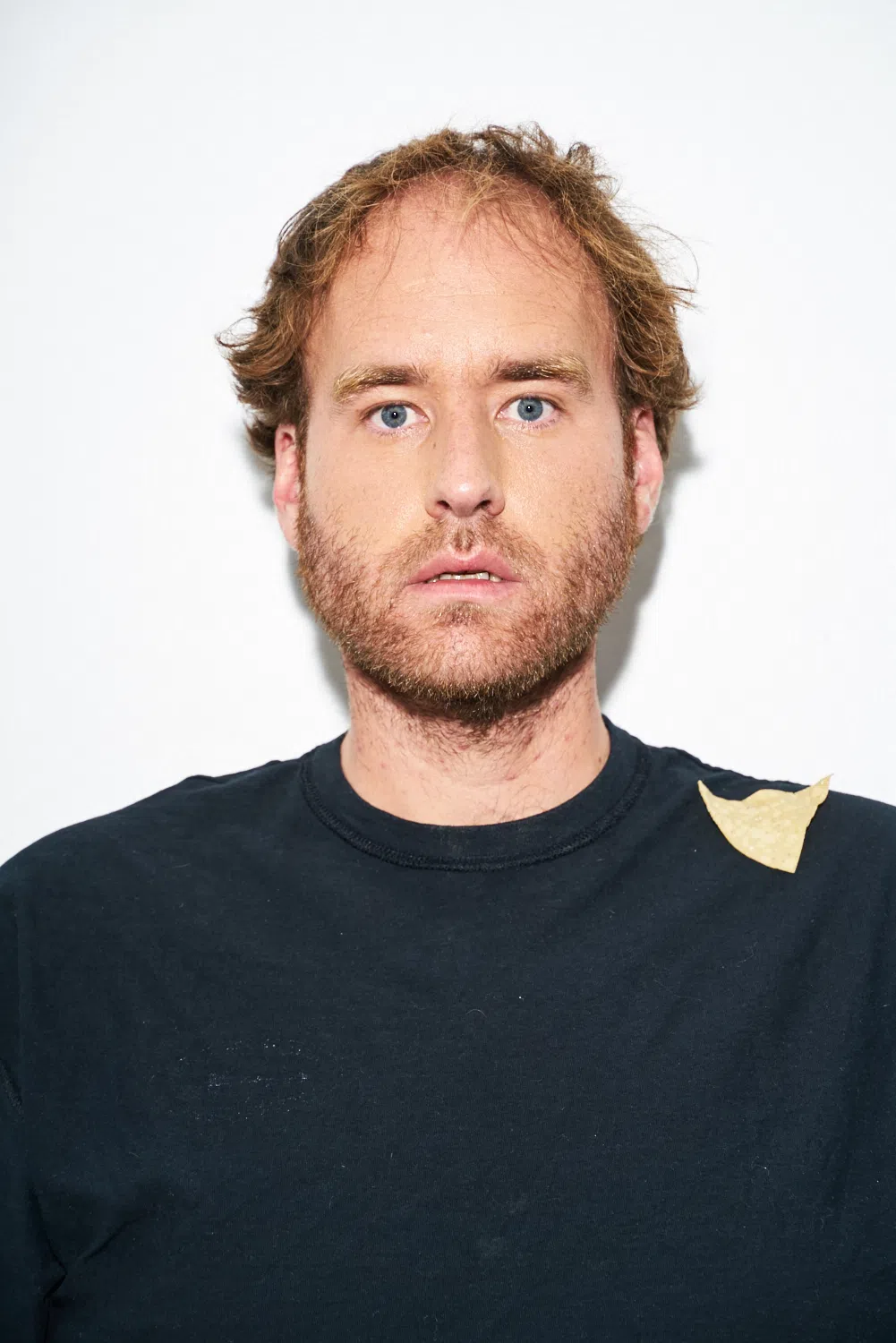
Post secondary students enrolling in early childhood education programs is on the rise in BC.
ECE program enrolment grew 40% in 2020-21 compared to 2017-18, this has resulted in 1,577 new public post secondary seats since 2018, when the government’s ChildCareBC was created.
Among the participating institutions is College of the Rockies, which has received 22 additional student spaces.
View more information from the BC Government below:
More people are choosing to pursue studies in early childhood education, which is good news for families, communities, children and B.C.’s economy.
“We’re delivering on our ChildCareBC commitments to create a future where child care is a core service families can rely on by training more early childhood educators, funding more child care spaces, and reducing child care fees,” said Katrina Chen, B.C.’s Minister of State for Child Care. “Along with federal partners, we’re saving families as much as $550 per month more, and the actions we’ve taken to recruit and support ECEs will mean more families will be able to access affordable quality child care.”
Public post-secondary enrolment in early childhood education programs has grown by 40% in 2020-21, compared to 2017-18.
With an additional $1.3 million in funding in 2022-23, there will also be an additional 176 seats at six post-secondary institutions for a total of 1,577 new public post-secondary seats since 2018.
“Early childhood educators are essential – they are skilled professionals who care for children at such an important stage in their development,” said Anne Kang, Minister of Advanced Education and Skills Training. “That’s why we have taken action to help recruit and retain more ECEs, including providing bursaries and funding additional student spaces. When we make it accessible and affordable for people to learn, everyone wins.”
Families, communities and child care providers benefit from having more qualified early childhood educators (ECEs) – the workforce behind the workforce.
In the next 10 years, approximately 10,000 job openings are anticipated for certified ECEs and assistants.
“There is no child care system without a strong and skilled workforce of early childhood educators,” said Karina Gould, federal Minister of Families, Children and Social Development. “Supporting the valuable work of early childhood educators is key to the success of a high-quality child care system and ensures the work of these professional educators is valued throughout their lifelong career.”
In addition to the new provincially funded public post-secondary spaces to meet demand for the ECE program, the winter intake for bursaries to help make learning more affordable for those entering the sector will be open Oct.1-15, 2022.
Bursaries are worth as much as $5,000 per semester and are funded through the Canada-British Columbia Early Learning and Child Care Agreement.
Interested applicants, including previous applicants, are encouraged to apply. Intakes will also be available for upcoming semesters.
“Early childhood educators are the foundation of a robust early years’ system,” said Emily Gawlick, executive director, Early Childhood Educators of BC (ECEBC). “Each investment in this profession continues to support this dedicated sector and is welcomed. ECEBC informs and advocates for continued enhancements.”
Since the launch of ChildCareBC in 2018, the ECE Education Support Fund has provided more than 12,300 bursaries to support more than 6,500 students pursuing a career in early childhood education.
ECE students have a broad choice of study options. Some institutions offer the ECE program via online learning, which allows students throughout B.C. to train, stay in their local communities and get started on this in-demand career.
ECE training is offered at 32 post-secondary institutions, with programs in all regions of the province.
“The bursaries made it possible for me to financially pursue ECE studies, and the wage enhancement encouraged me to pursue this profession,” said John Harrison, ECE student, University of British Columbia (UBC). “I could take the online program through UBC and live where I wanted to live outside the city in the Okanagan. I am doing my practicum right now, and I love that the goal of the job is to make sure kids are happy and laughing. It’s a positive work environment.”
- In addition to increasing spaces at public post-secondary institutions and providing bursaries to help pay for this education, ECE recruitment and retention actions include:
- Enhancing ECE compensation by $4 per hour, bringing the median wage up to $25 per hour;
- Introducing ECE dual-credit programs in 30 school districts so students in grades 11 and 12 can begin ECE post-secondary training while earning credits to graduate;
- Ensuring quality professional learning is available for ECEs and other early care and learning professionals throughout the province;
- Prioritizing ECEs under the Provincial Nominee Program to support them on their path to permanent residency in B.C.; and
- Changing legislation to create a standalone act for the oversight of the ECE profession which, when in force, will further demonstrate the value of this profession and support for standards of care and quality of practice for people working with young children.
Supporting early childhood educators aligns with StrongerBC’s Future Ready Plan.
Future Ready is making education and training more accessible, affordable and relevant to help prepare British Columbians for the jobs of tomorrow.
– Submitted by the BC Government








Comments